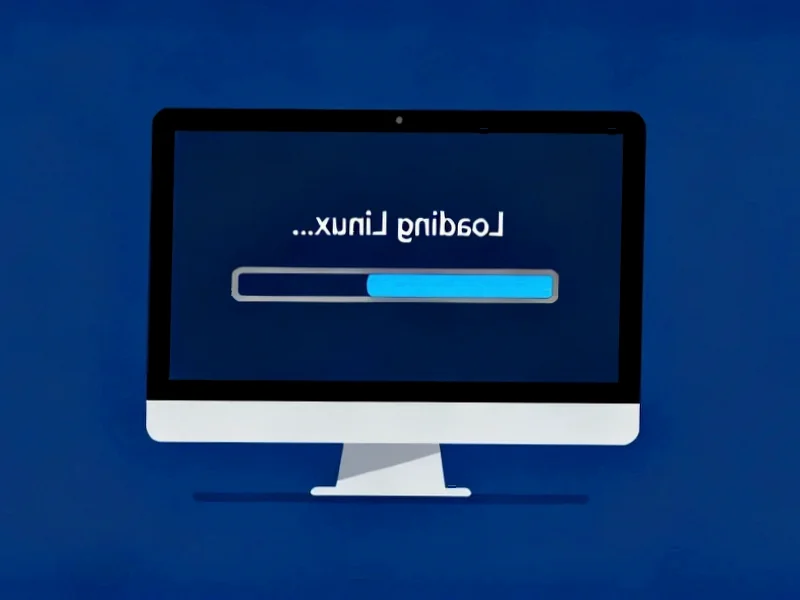According to TheRegister.com, Python Enhancement Proposal 810 “Explicit lazy imports” was officially approved on November 3 after being submitted by Steering Council Member Pablo Salgadoon on October 3. The PEP drew more than 450 comments during its month-long review process and specifically makes lazy imports an opt-in feature rather than the default. This marks a significant shift from the rejected PEP 690, which failed partly because it made lazy imports mandatory. The new approach preserves backward compatibility while standardizing what’s currently a fragmented landscape of custom solutions. Python programs will get faster startup times by deferring library loading until modules are actually needed rather than at program initialization.
Why this actually matters
Here’s the thing about Python imports – they’re both incredibly powerful and incredibly frustrating. You write a simple script that imports a massive library, but maybe you only use one function from it. And yet your program sits there loading everything at startup, making command-line tools feel sluggish and bloated. Basically, we’ve all been waiting for something like this for years. The fact that organizations were forking CPython just to solve this problem shows how badly the community wanted a proper solution.
The smart compromise
What makes PEP 810 different from previous attempts is that it’s opt-in rather than mandatory. That’s actually brilliant when you think about it. The Python Steering Council learned from PEP 690’s failure – making lazy imports the default would have broken too much existing code and created community fragmentation. Barry Warsaw from the Steering Council nailed it when he said this “strikes exactly the right balance.” Developers who need the performance boost can enable it, while everyone else’s code keeps working exactly as before. No breaking changes, no surprises.
What comes next
Now, don’t go rewriting your import statements just yet. It’s going to be a while before this feature actually lands in a Python release. The PEP approval is just the first step – implementation and testing come next. But when it does arrive, the impact could be huge for everything from command-line tools to large applications. Think about all those data science scripts that import pandas but only use a fraction of its functionality. Or web applications that load modules for features that might never get called during a given session. The official PEP 810 documentation lays out the technical details, and the community discussion shows just how much debate went into getting this right.
Broader implications
This feels like Python growing up in a good way. The language has always prioritized readability and simplicity over performance optimizations, but as Python gets used for more serious production workloads, these kinds of quality-of-life improvements become essential. It’s also a testament to how the Python community works – they tried something ambitious with PEP 690, learned from its failure, and came back with a better approach. The earlier discussions show this wasn’t an easy path. But sometimes the best solutions aren’t the revolutionary ones – they’re the pragmatic ones that actually ship.




